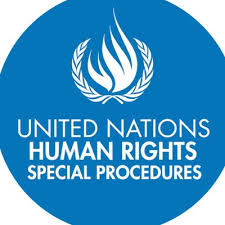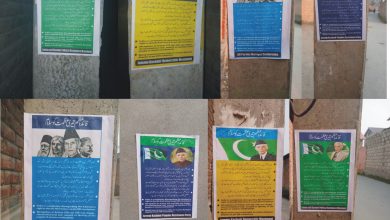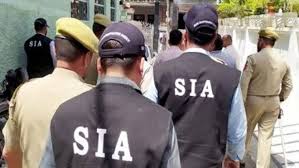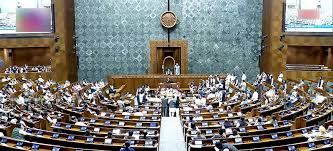Special Rapporteur calls for global action against sexual torture in armed conflict

New York: Alice Edwards, the Special Rapporteur on Torture, has urged nations worldwide to fundamentally rethink their strategies for addressing sexual violence in armed conflict and security crises.
According to Kashmir Media Service, in her report presented to the UN General Assembly, Edwards emphasized that the existing legal framework for torture and other forms of cruelty offers significant advantages for victims and survivors of sexual violence.
“Conflict-related sexual violence is an insidious crime that is perpetrated relentlessly during times of war,” Edwards stated. She noted that many instances of such violence can be classified as torture, as they involve severe pain and suffering. The legal prohibition against torture is binding on all states and provides critical protections that current sexual violence frameworks lack.
Emphasizing that torture is unequivocally prohibited under international law, Edwards highlighted that no superior orders or amnesty can justify it. She called for accountability, asserting that victims and witnesses deserve robust protections and that perpetrators must face severe penalties. “There are no time limits on prosecutions or rehabilitation for torture survivors,” she added.
The report also pointed out that while the Women, Peace, and Security agenda recognizes the importance of women’s participation in peace processes, it often overlooks other victims of wartime sexual offenses.
The torture framework is inclusive, applying to all who endure such severe pain.
The Special Rapporteur also stressed the importance of best practices in evidence-gathering and investigations, alongside the necessity for well-funded and accessible rehabilitation programs.
In her address to the General Assembly, Edwards called on all states to adopt a comprehensive approach to eradicate sexual violence in wartime by leveraging the strong legal framework surrounding torture. “States have obligations to protect everyone in their territories or under their control against such violence and to prosecute perpetrators,” she concluded.
Experts and analysts find it encouraging that by framing these acts of violence as torture, the international community can more effectively support survivors in occupied Jammu and Kashmir. This approach not only amplifies their voices but also helps ensure that those responsible for these heinous acts are held accountable.








